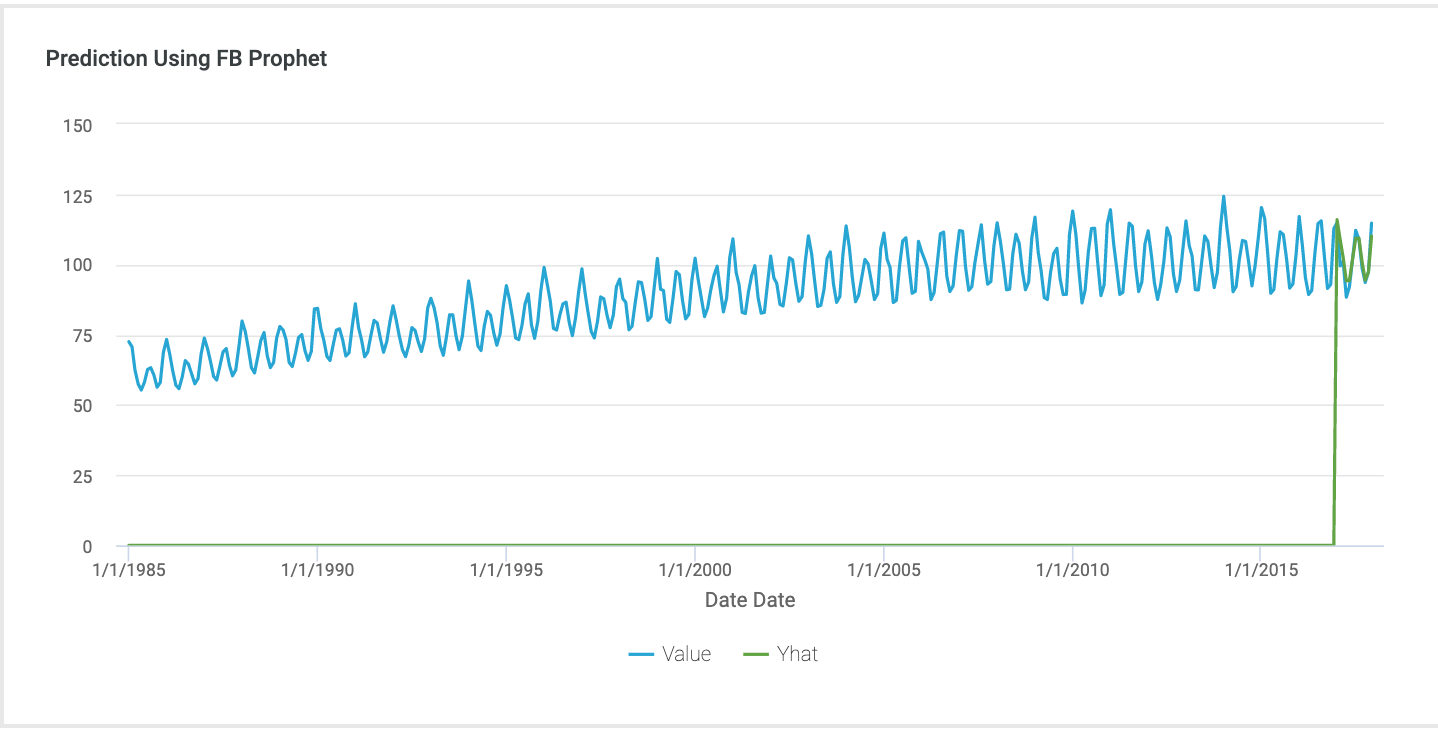Using the pickle library to save the model and use the model in Incorta
In the previous blog, I was Using Time Series Analysis By Prophet. https://suziepyspark.blogspot.com/2021/03/using-time-series-analysis-by-prophet.html
In this blog, I will use Pickle to Save and use the model in Incorta.
In machine learning, we often need to store the trained model so that we can directly read the model when making a decision without retraining the model, which greatly saves time. The pickle module provided by Python solves this problem well. It can serialize objects and save them to disk and read them out when needed. Any object can be serialized.
Below is how to use the model:Below is how to save the model:Reference:
"Pickle Serialization Study Notes - Programmer Sought". Programmersought.Com, 2021, https://www.programmersought.com/article/15805994125/.
"Save Model For Python · Issue #725 · Facebook/Prophet". Github, 2021, https://github.com/facebook/prophet/issues/725.


Comments
Post a Comment